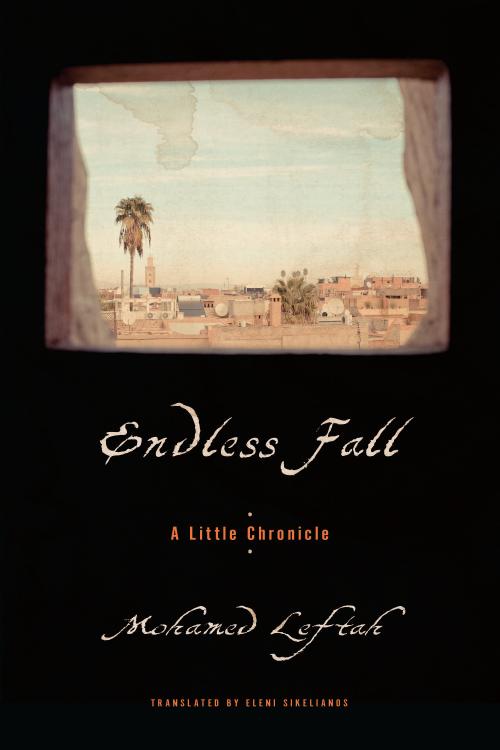THE LETTER
*
“Dear Monsieur Ciccion,
Please ask my mother to forgive me.
I wish Nabil eternal happiness.”
By the time Mr. Ciccion, his face white as a sheet and his hands trembling, would begin to read and try but fail to understand the meaning of the note, so clear, so limpid even in its reticence, the young man who had just written it would already be stretched out on the courtyard’s clay ground.
. . . Stretched out . . . beneath the clouds . . .
Sweet scents don’t tickle his nose;
He sleeps in the sun, a hand on his chest
Motionless . . .
It is from memory and in memory of an unforgettable courtyard sleeper—a courtyard that, an instant before it received the celestial, splendid body’s fall, was still dusty, and from that moment on became a princely court—that I begin and dedicate this “little chronicle.”
Which opens no holiday in my days.
Pleasure or amusement, even less.
No more than a quarter of an hour had passed between the moment when I climbed the staircase with him to reach the fourth-floor classroom where Mr. Ciccion had already started his history class—we were both late—and the moment when he became this sleeper in the bloodied courtyard; a smiling sleeper in the valley.
Motionless . . .
More than forty years later, I still see all the stages, the unstoppable sequences of this transmutation, unfurling so clearly before my eyes.
Five.
Five sequences. Each one thoroughly defined, each thoroughly distinct.
Autonomous yet interdependent, as bound as the fingers on a hand.
The contours of a drama, in a form already outlined before it bursts into the world, so clearly sketched that for a long time the idea of this little chronicle seemed to me a kind of profanation or attack.
Against a face at once gymnast’s and ballet dancer’s, a face closed in on its own unsayable grace, its final and tragic beauty, its mortal perfection.
A face with no need of chronicler, narrator, nor celebrant to challenge, in its pure immateriality, the perverse work of time and oblivion.
SETTAT
*
At the time these events take place, the time of the facts reported in this little chronicle, Settat was still nothing more than a tiny village dozing like a lizard under an unchanging blue, sunlit sky.
Two annual events startled it out of its lethargy: the faithful seasonal fires that lit up the nouallas, those thatch huts nestled on a hillside at the edge of town, which doggedly survived and rose from the ashes like phoenixes; then the unpredictable floods crashing out of Wadi Ben Moussa.
A burgeoning story, still in its first stuttering, but already common knowledge and as condemned as adultery . . .
A suicide . . .
PARDONING GESTURE
*
Would it be right to treat her as an adulterous woman, responsible for her son’s suicide?
Khalid’s mother had been a widow such a long time. Her best years were burnt to ash by a dessicating fidelity to the memory of her dead husband.
In his brief missive, the first person Khalid evoked was this woman harried by the hounds of judgment. In the last moments of his life he addressed his mother, begging her to forgive him.
One of the most beautiful, moving gestures, rising from the depths of our geographical, psychic, and cultural soil, is the one in which two people, in the same movement and at the same time, give each other chaste kisses on the head and on the hands. They might be of different ages or sexes, of different social standing or character, but in this gesture all their dissimilarities and disagreements, even their hatred, if there has been any, evaporates.
What remains is a gesture of reconciliation, a pardoning of mutual offenses, incomprehension, and wrongs that each might have done the other.
I imagine, I am even certain of it without having witnessed it, that just a few moments beforehand, on that morning when I climbed the staircase with Khalid, this gesture flowered between him and his slandered mother, that woman hunted by gossip.
This invisible gesture accompanied him like a traveler’s viaticum.
For his last journey.

